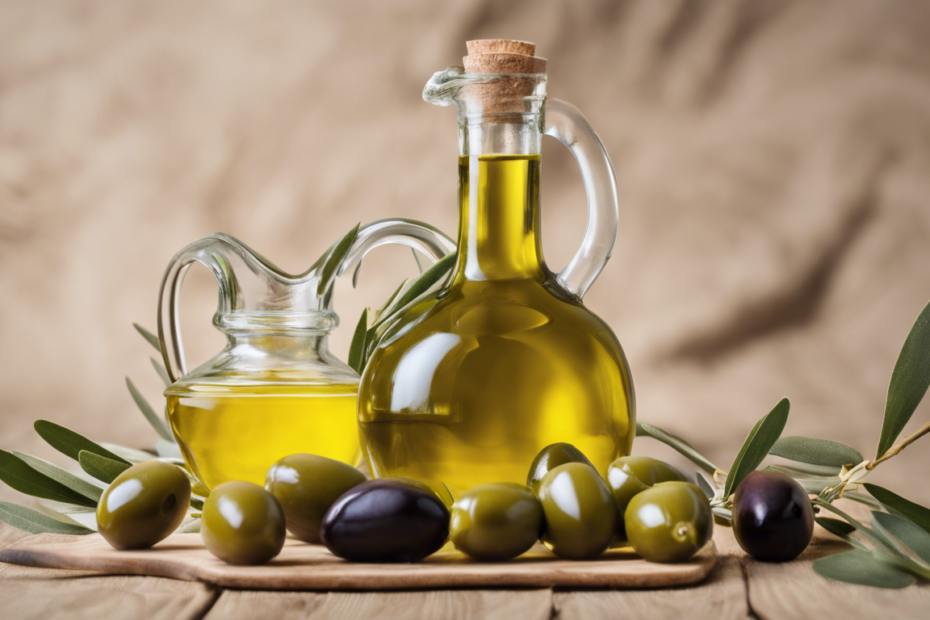If you’ve ever glanced at labels in the grocery store, you might have wondered about the type of fats in olive oil.
Is olive oil saturated or unsaturated?
This popular cooking oil is often touted for its health benefits, but understanding its composition can be a bit tricky.
In this article, we’ll break down the truth about olive oil, its health benefits, and how it stacks up against other cooking oils.
So, whether you’re a seasoned chef or just looking to make healthier choices in the kitchen, keep reading to uncover the secrets behind this heart-healthy fat!
Comparing Olive Oil with Other Cooking Oils
When it comes to cooking oils, olive oil often steals the show, especially when you start comparing it to other options like canola, coconut, or vegetable oil.
One key thing to note is that olive oil is predominantly unsaturated; this means it’s richer in those heart-healthy fats that can help reduce bad cholesterol levels.
In contrast, oils like coconut oil boast a higher saturated fat content, which has sparked quite a debate about health benefits and risks.
Unsaturated fats, like those found in olive oil, are known for their potential to support overall heart health and provide antioxidants, making them a better choice for everyday cooking.
So, while coconut oil might be your go-to for baking a delicious vegan cake, olive oil definitely takes the crown for drizzling over salads or sautéing veggies, thanks to its lighter profile and versatility in flavor.
Frequently Asked Questions
Is olive oil saturated or unsaturated?
Olive oil is primarily unsaturated, with about 73% of its fat content being monounsaturated fats, which are considered heart-healthy.
What are the health benefits of unsaturated fats in olive oil?
Unsaturated fats, like those in olive oil, can help reduce bad cholesterol levels, lower the risk of heart disease, and provide essential fatty acids that the body needs.
How does olive oil compare to other cooking oils?
Olive oil is generally healthier than many other cooking oils due to its high monounsaturated fat content and antioxidant properties, making it a great choice for cooking and dressings.
Can I use olive oil for frying?
Yes, olive oil can be used for frying, but it’s best suited for low to medium heat cooking due to its smoke point.
Extra virgin olive oil adds flavor and health benefits.
What types of olive oil should I choose?
Look for extra virgin olive oil for its superior flavor and health benefits, as it is less processed and retains more of the antioxidants found in olives.
